Table of Contents
Question
I’m reaching out to business operators and managers for insights on the financial software tools they’ve found most effective. In particular, I’m interested in platforms that handle accounting, financial forecasting, procurement, inventory control, payroll, and related functions. My business focuses on producing medical devices, with parts sourced from global suppliers

Our Recommendations
Let’s dive into some recommendations for a robust financial software stack that can support your growing business.
The Foundation: Best ERP for medical device manufacturers
Before we get into specific tools, it’s crucial to consider an overarching Enterprise Resource Planning (ERP) system. For a medical device company that’s outgrowing QuickBooks, an ERP can be a game-changer. It integrates various business processes and provides a single source of truth for your financial data.
NetSuite: The Gold Standard
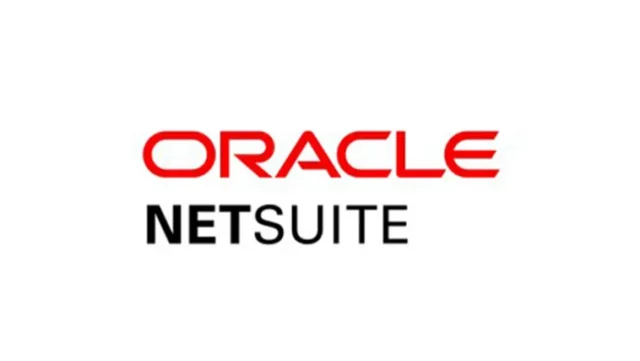
For medical device manufacturers, I highly recommend Oracle NetSuite. Why? It’s a cloud-based ERP that offers a comprehensive suite of applications, including financials, inventory management, order management, and customer relationship management (CRM). NetSuite is particularly well-suited for companies in regulated industries like medical devices, as it provides robust traceability and compliance features.
NetSuite’s strengths include:
- Scalability: It can grow with your business, from startup to enterprise.
- Industry-specific functionality: It offers features tailored to medical device manufacturers.
- Real-time visibility: You get a 360-degree view of your business operations.
- Customization: It can be tailored to your specific needs.
However, NetSuite isn’t without its drawbacks. It can be expensive, and the implementation process can be complex. But in my experience, the long-term benefits often outweigh these initial hurdles.
Sage Intacct: A Strong Contender
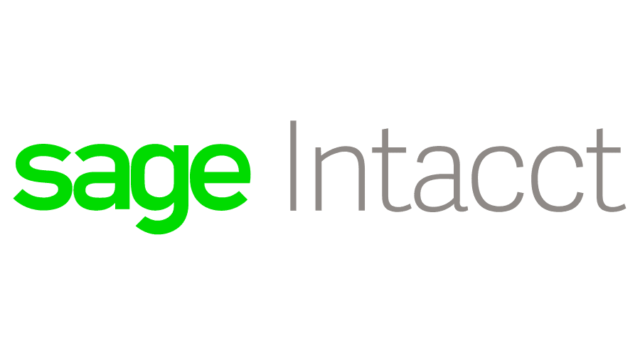
If NetSuite seems like overkill for your current needs, Sage Intacct is another excellent option. It’s particularly strong in financial management and reporting, and it integrates well with other best-of-breed solutions. Sage Intacct is known for its:
- User-friendly interface
- Strong multi-entity and multi-currency support
- Excellent financial reporting capabilities
- Lower cost compared to NetSuite
The downside? It may not offer as comprehensive a solution for inventory and order management as NetSuite does out of the box.
Accounting and Financial Planning
While an ERP system will handle much of your accounting needs, you might want to supplement it with financial forecasting tools for medical device companies:
Anaplan: For the Data-Driven CFO
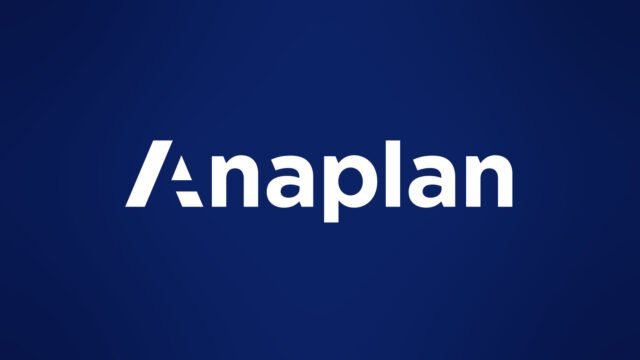
If you’re looking for even more advanced planning capabilities, Anaplan is worth considering. It excels in connecting financial and operational planning, which is crucial in a manufacturing environment. Anaplan’s strengths include:
- Highly flexible modeling capabilities
- Real-time collaborative planning
- Powerful data integration features
- Ability to handle large volumes of data
Be prepared for a significant investment in both time and money if you go this route, but for complex operations, it can be a game-changer.
Cloud-Based Inventory Management For Medical Devices
As a medical device manufacturer, efficient procurement and inventory management are critical to your operations. While your ERP system will handle the basics, specialized tools can provide additional functionality.
Coupa: Streamlining Procurement

Coupa is a cloud-based platform that can significantly improve your procurement processes. It offers:
- User-friendly interface that encourages adoption
- Robust spend analytics
- Supplier management features
- Integration with major ERP systems
Coupa can help you reduce maverick spending, improve supplier relationships, and gain better visibility into your procurement processes.
Fishbowl Inventory: Tailored for Manufacturers

If you need more advanced inventory management capabilities than your ERP provides, Fishbowl Inventory is worth a look. It’s particularly well-suited for manufacturers and offers:
- Advanced manufacturing features (Bill of Materials, Work Orders, etc.)
- Barcode scanning
- Integration with QuickBooks (if you decide to stick with it)
- Lot tracking (crucial for medical devices)
While not as comprehensive as an ERP, Fishbowl can be a cost-effective solution for enhancing your inventory management capabilities.
Payroll and Human Resources
Managing payroll and HR for a medical device company comes with its own set of challenges. Here are two options to consider:
Gusto: Simplifying Payroll
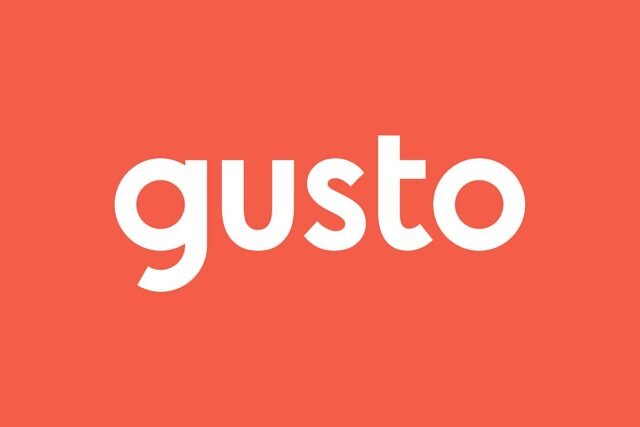
If you’re looking for a user-friendly, comprehensive payroll solution, Gusto is hard to beat. It offers:
- Full-service payroll processing
- Automated tax filings
- Benefits administration
- Time tracking
- Integration with popular accounting software
Gusto is particularly well-suited for small to medium-sized businesses and can scale with you as you grow.
BambooHR: Beyond Payroll

For a more comprehensive HR solution, consider BambooHR. It goes beyond payroll to offer:
- Applicant tracking
- Onboarding
- Performance management
- Time off tracking
- Employee self-service portal
BambooHR can help you attract and retain top talent, which is crucial in the competitive medical device industry.
Compliance and Quality Management
As a medical device manufacturer, compliance and quality management are paramount. While not strictly financial tools, these systems are crucial for risk management and can have significant financial implications.
MasterControl: Quality Management System (QMS)

MasterControl is a leading QMS designed specifically for life sciences companies. It offers:
- Document control
- Quality event management
- Audit management
- Training management
- Supplier quality management
Implementing a robust QMS like MasterControl can help you avoid costly quality issues and regulatory non-compliance.
Veeva Vault QualityDocs: Document Management
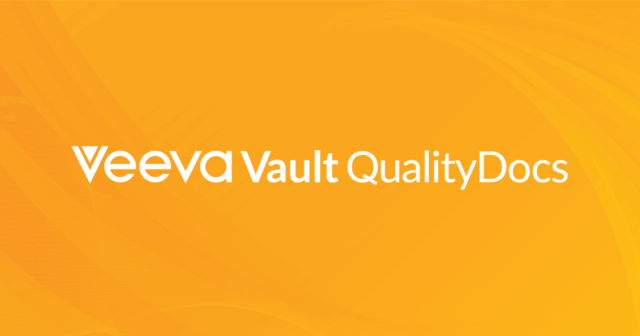
For a more focused document management solution, consider Veeva Vault QualityDocs. It’s designed specifically for life sciences companies and offers:
- Secure, compliant document storage
- Version control
- Workflow management
- Integration with other Veeva products
Proper document management is crucial for maintaining FDA compliance and can save you headaches (and money) down the line.
Putting It All Together
Now, you might be thinking, “Wow, that’s a lot of software!” And you’re right. The key is to start with your core needs and build from there. Here’s a potential roadmap:
- Implement an ERP system (NetSuite or Sage Intacct) as your foundation.
- Add specialized planning tools (Adaptive Insights or Anaplan) as your forecasting needs become more complex.
- Enhance procurement and inventory management with Coupa and/or Fishbowl as your supply chain grows.
- Implement Gusto or BambooHR to streamline payroll and HR processes.
- As you scale, consider adding MasterControl or Veeva Vault QualityDocs to ensure compliance and quality management.
Remember, the goal isn’t to have the most software, but to have the right tools that work together seamlessly to support your business processes.
Final Thoughts
Choosing the right financial software stack is a crucial decision that can have long-lasting impacts on your business. As you evaluate these options, consider not just your current needs, but where you want your business to be in 3-5 years. Don’t be afraid to start small and scale up. Many of these solutions offer tiered pricing and can grow with you. And always, always prioritize integration capabilities. The power of these tools is multiplied when they can share data seamlessly.
Lastly, remember that software is just a tool. The real value comes from how you use it. Invest in training for your team and establish clear processes for data entry and analysis. The best software in the world won’t help if it’s not being used correctly.
As you embark on this journey to upgrade your financial tools, think of it as building a solid foundation for your company’s future growth. Just as you carefully select and assemble components for your medical devices, you’re now assembling the components of a robust financial infrastructure. It may seem daunting now, but with the right tools in place, you’ll have the visibility and control you need to drive your business forward. Good luck, and here’s to your continued success in the exciting world of medical device manufacturing!







